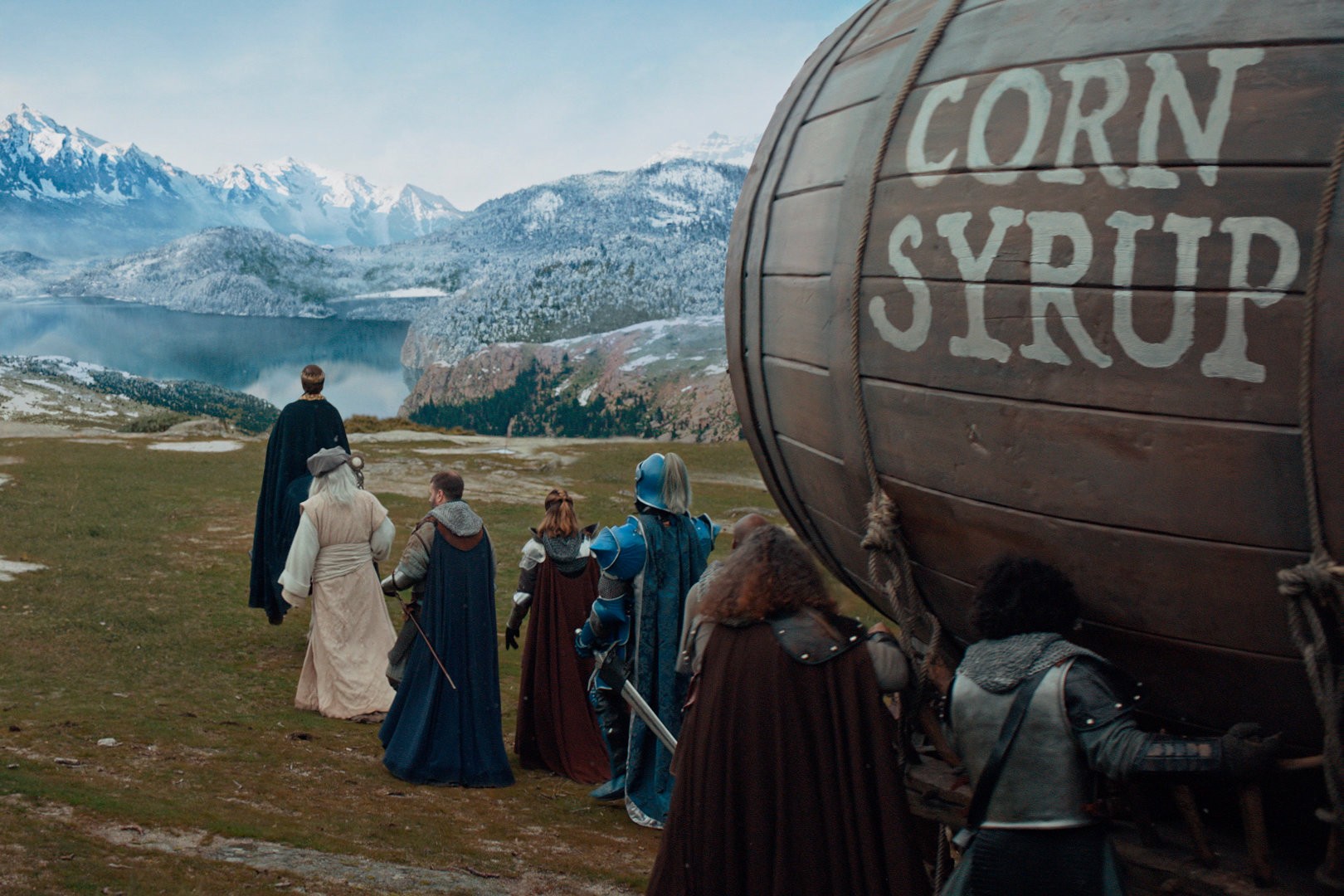MillerCoors sues AB InBev over Super Bowl Ad
 Budweiser has a history of creative and amusing Super Bowl ads but this year’s ad which centered on their competitor’s use of corn syrup has definitely been the most controversial ad of the year and one that continues to garner headlines. By the way, the ad is a great example of the comparative class of competitive advertisements. The ad sparked a Twitter war between MillerCoors and AB InBev and the latest development is a lawsuit filed by MillerCoors against AB InBev.
Budweiser has a history of creative and amusing Super Bowl ads but this year’s ad which centered on their competitor’s use of corn syrup has definitely been the most controversial ad of the year and one that continues to garner headlines. By the way, the ad is a great example of the comparative class of competitive advertisements. The ad sparked a Twitter war between MillerCoors and AB InBev and the latest development is a lawsuit filed by MillerCoors against AB InBev.
You might ask how MillerCoors can sue if they do in fact use corn syrup in their brewing process (which they do). MillerCoors conducted focus groups and through those groups they determined that most consumers don’t know the difference between corn syrup and high fructose corn syrup which are two different products. They claim the Bud Light ad deliberately confuses and frightens consumers into thinking the unhealthy high fructose corn syrup is an ingredient in Miller and Coors products. In reality the corn syrup is used in the brewing process but during fermentation it is broken down by yeast and leaves no corn syrup in the final product. It’s also worth noting that Anheuser-Busch uses corn syrup themselves in some of their other products but they don’t use it when brewing Bud Light (which uses rice instead). You can read more about the lawsuit and MillerCoors’ claims in this NY times article.
The lawsuit and continued objections from MillerCoors suggests Bud Light’s campaign was (and is) effective but it also brings up an interesting marketing ethics question. Is Bud Light’s commercial ethical? If their statement is factual should they be allowed to advertise that point of differentiation? Should they consider the fact that consumers would likely misinterpret the message or is that not their problem?
